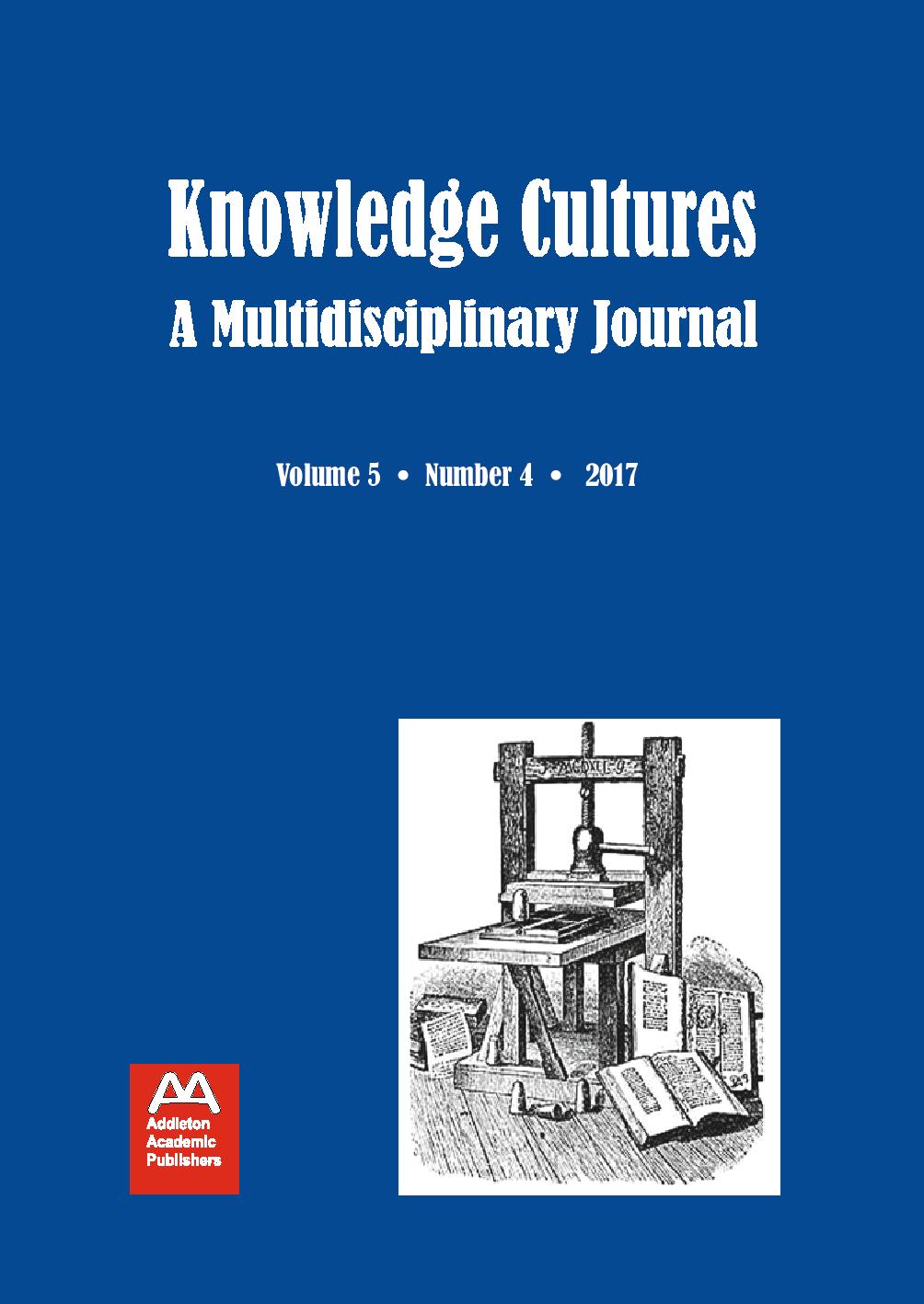DIALOGICAL CRITICAL THINKING IN CHILDREN
DIALOGICAL CRITICAL THINKING IN CHILDREN
Author(s): Marie-France Daniel, Gabriela FiemaSubject(s): Ethics / Practical Philosophy, Social Philosophy, School education
Published by: Addleton Academic Publishers
Keywords: critical thinking; epistemology; critical dialogue; philosophy for children; elementary school pupils; responsible education;
Summary/Abstract: Twenty-first century children and adolescents need cognitive tools to find their way through the mass of available information, and to become actively engaged in an evolving world. The tool suggested by UNESCO is the development of Critical Thinking (CT) and, in order to stimulate this development, the introduction of philosophy in classrooms as early as elementary school. In this paper, we first present Pragmatist philosophers’ definitions of CT. Second, we describe Philosophy for Children (P4C) as a pedagogical approach intended to stimulate CT and critical dialogue in pupils. Third, we present research results related to: a) the developmental process of CT as it emerged from analyses of exchanges within groups of apprentice philosophers aged 4 to 12 years; b) a comparison between philosophizing and non-philosophizing pupils. Finally, we discuss these results and their consequences on the quality of the individual and social experience, and point out major obstacles to the mobilization/development of CT in children.
Journal: Knowledge Cultures
- Issue Year: 5/2017
- Issue No: 04
- Page Range: 42-65
- Page Count: 24
- Language: English
- Content File-PDF

